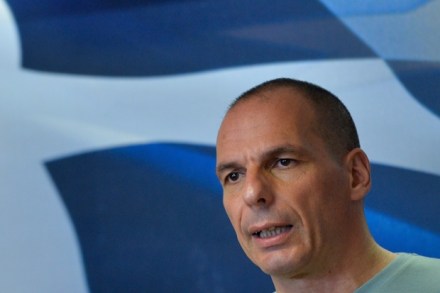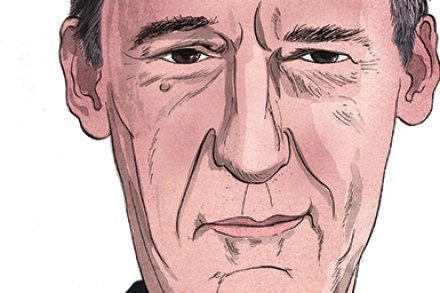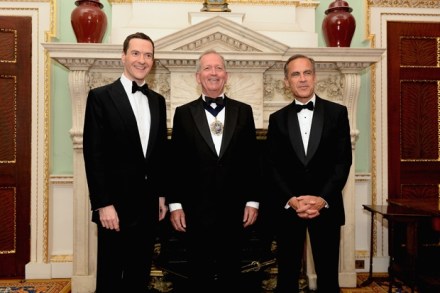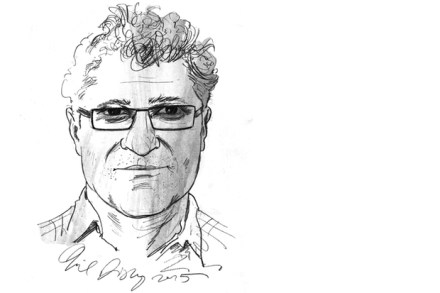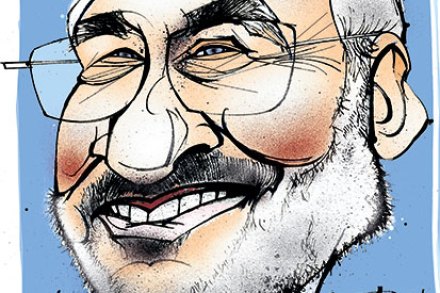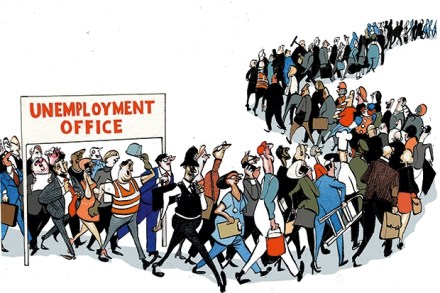John McDonnell’s true economic guru: the emperor Nero
John McDonnell, shadow chancellor in the Corbynite splinter-group, has announced that £120 billion is waiting to be reclaimed from tax avoidance, evasion and other schemes. Nero was equally detached from reality. The Roman historian Tacitus tells us that in ad 65 a fantasist from Carthage by name of Caesellius Bassus bribed his way into an interview with Nero and told him that on his estate there was hidden a vast quantity of gold, not in coin but in unworked bullion — great columns of it. It had been hidden there, he said, by Dido, the Phoenician queen who had founded Carthage. Nero was thrilled. Triremes filled with soldiers and rowed




